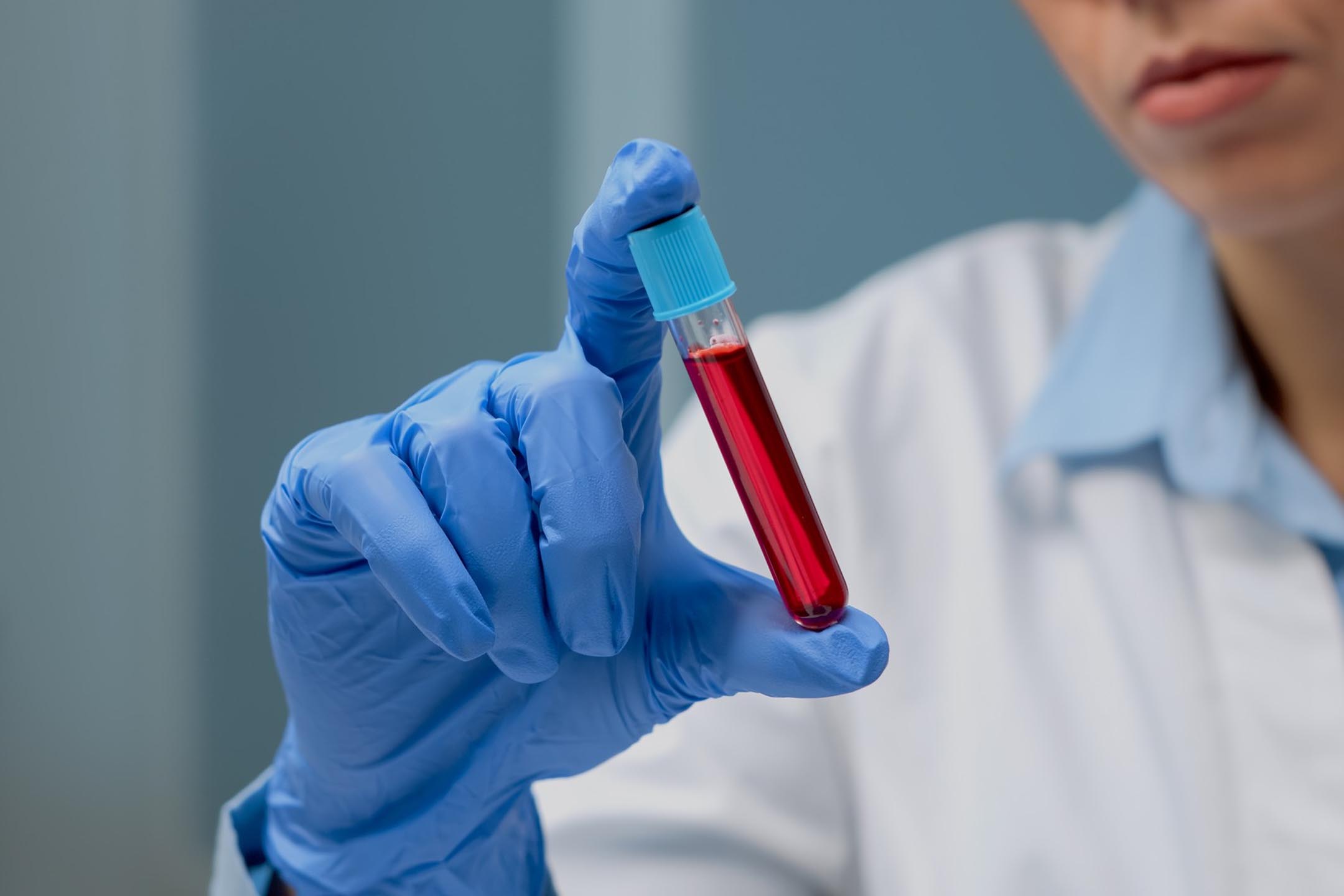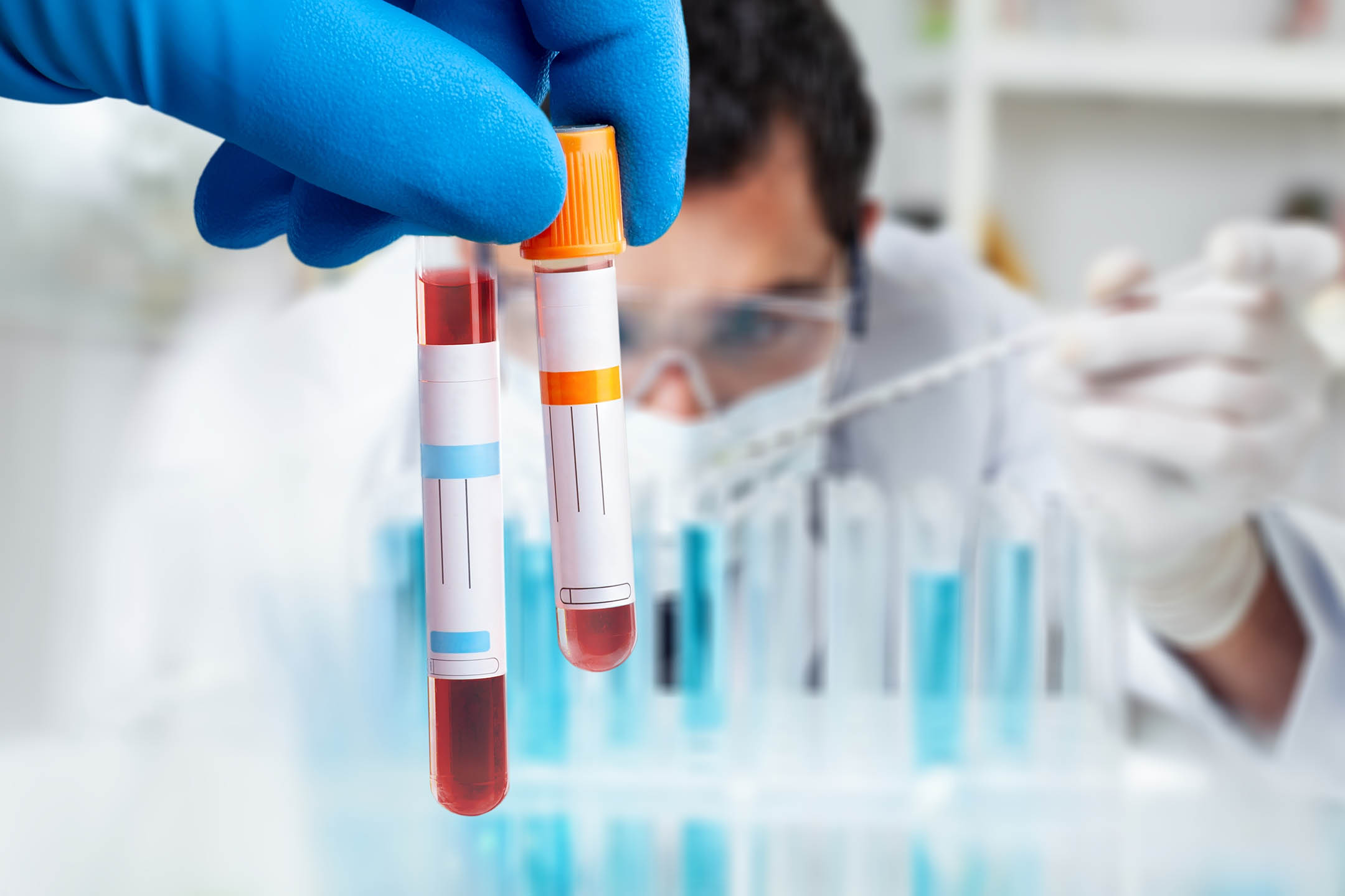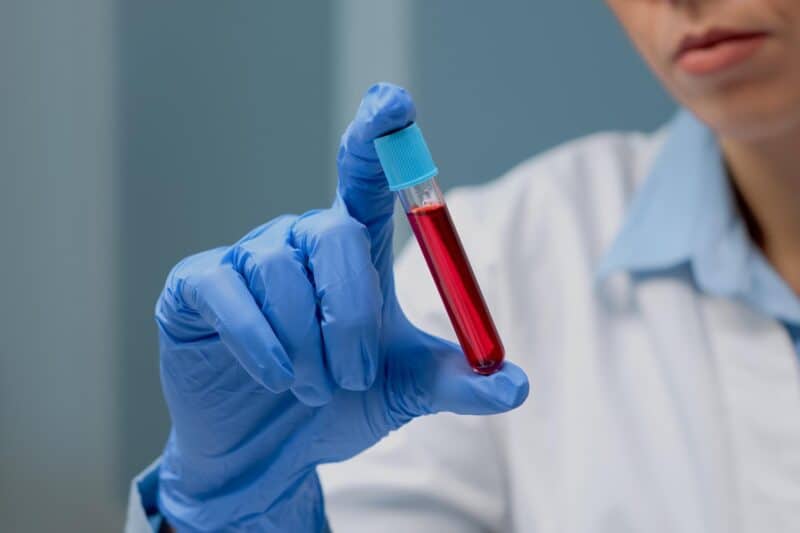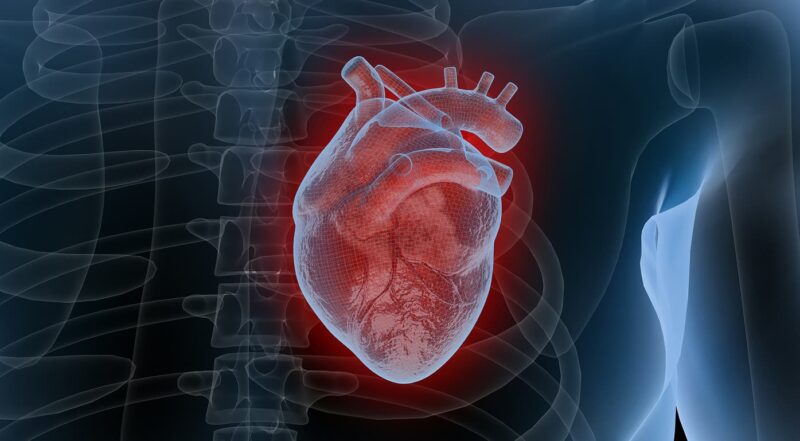Triglycerides test in Reading
A triglycerides test is an important part of understanding your heart health. Triglycerides are a type of fat found in your blood, and elevated levels can increase your risk of cardiovascular disease, especially when combined with other risk factors like high cholesterol or diabetes. Whether as part of a routine check-up or a targeted assessment, this simple blood test offers valuable insight into how your body processes and stores fat. At The Forbury Clinic, your results are always reviewed by experienced clinicians who can guide you through the next steps with clarity and confidence.

What is a triglycerides test?
A triglycerides test measures the amount of triglycerides in your blood. Triglycerides are a form of fat that your body uses for energy. After eating, any excess calories not used by the body are converted into triglycerides and stored in fat cells.
High levels over time can increase your risk of heart disease, stroke and other metabolic conditions. This test is often included as part of a lipid panel, which also measures cholesterol levels to give a more complete picture of your cardiovascular health.
Why is the triglycerides test important?
Triglycerides are a key marker in assessing your risk for cardiovascular problems. Elevated levels can contribute to the hardening or thickening of artery walls, which may lead to heart attack or stroke. High triglycerides are also often associated with insulin resistance, obesity and type 2 diabetes.
This test is a useful tool for monitoring your response to lifestyle changes or treatment, especially if you are managing high blood pressure, elevated cholesterol or a family history of heart disease.

Triglycerides Blood Panels at The Forbury Clinic

What do triglycerides test results show?
Triglyceride levels are measured in millimoles per litre (mmol/L). General reference ranges are:
- Normal: less than 1.7 mmol/L
- Borderline high: 1.7 to 2.2 mmol/L
- High: 2.3 to 5.6 mmol/L
- Very high: above 5.6 mmol/L
Your result is always interpreted in the context of your overall health, medical history and other lipid levels. Slight variations may not require treatment, while persistently high readings could indicate a need for dietary changes, medication or further investigation.
What causes high triglycerides?
High triglyceride levels can be caused by a number of factors, including:
- A diet high in sugars or refined carbohydrates
- Excess alcohol intake
- Obesity or physical inactivity
- Poorly controlled diabetes
- Kidney or liver disease
- Certain medications such as steroids or beta-blockers
At The Forbury Clinic, we take time to understand your personal risk profile and support you in making practical, evidence-based changes to reduce your levels safely and sustainably.
What is the difference between triglycerides and cholesterol?
While both triglycerides and cholesterol are types of lipids, they serve different functions in the body. Triglycerides store unused calories and provide energy, whereas cholesterol is used to build cells and produce certain hormones.
High levels of either can increase your risk of heart disease, but they are measured and managed differently. A full lipid panel will usually assess both triglycerides and cholesterol to help give a balanced view of your cardiovascular risk.


Why Choose The Forbury Clinic?
At The Forbury Clinic, we offer triglycerides testing as part of a wider approach to personalised health. Your blood test is overseen by experienced consultants and supported by advanced diagnostic equipment in a discreet, comfortable setting.
We are fully CQC-registered and based in Reading, providing a high standard of clinical care alongside clear communication and ongoing support. Whether you are looking to monitor an existing condition or gain a clearer picture of your overall health, we are here to help.
Book your private triglycerides test in Reading today. Our team is ready to support you with trusted guidance and expert care.








